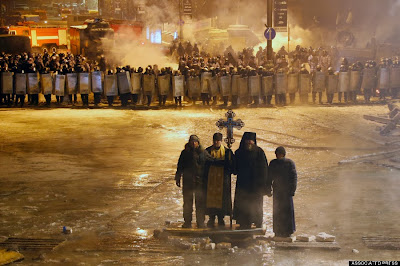This is probably not a surprise to anyone, but in my area, I am involved in either directing or singing in several scholas and choirs, serving both forms (OF and EF) graciously. One of them I sing with every month or two in Milwaukee, WI, The St. Cecilia Schola, was invited to sing at an EF High Mass yesterday evening at the diocese’s basilica (if I had a sense of humor like Adam Wood, I’d be making umbraculum jokes right now…). I actually ended up directing the men for some of the pieces, as the normal assistant director fell ill, but that’s not what I’m here to talk about. I’m here to talk about how surprisingly young the schola is! After a rough calculation this morning, I think the average age is somewhere between 25 and 30. And this is only one of the three scholas I know of first hand that have either formed or renewed within the past year.
As I discussed in a previous post, I truly believe that the upcoming revolution of sacred music will be largely lead by younger people, as they begin to learn more about the Church’s vision for music and liturgy.
I think I might be on to something here…stay tuned in the future, I hope to write more about this idea in the future.
 |
| The St. Cecilia schola cantorum |
For those who are interested, here is what we sang:
Propers: Confessio (Men)
Ordinary: Mass XVIII (All, M/W alternating)
Processional: Adoramus Te – Palestrina (SATB)
Offertory motet: De Profundis – Salieri (ST)
Communion: Panis Angelicus – Allen (Women)
During Last Gospel: Ave Regina Caelorum (All)
Recessional: Lord Who Throughout These Forty Days (All)





